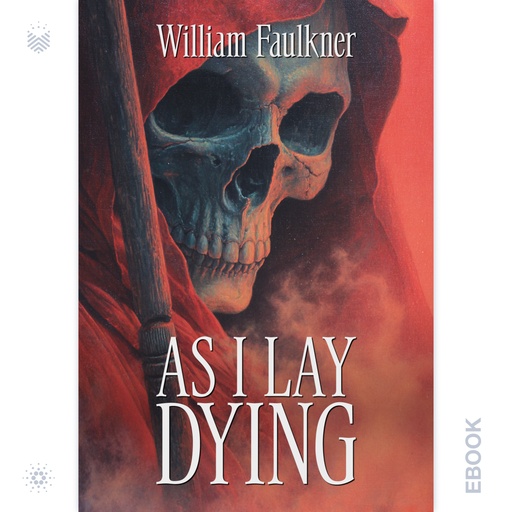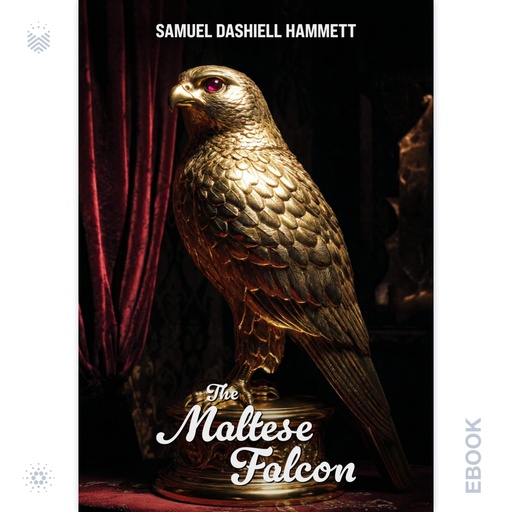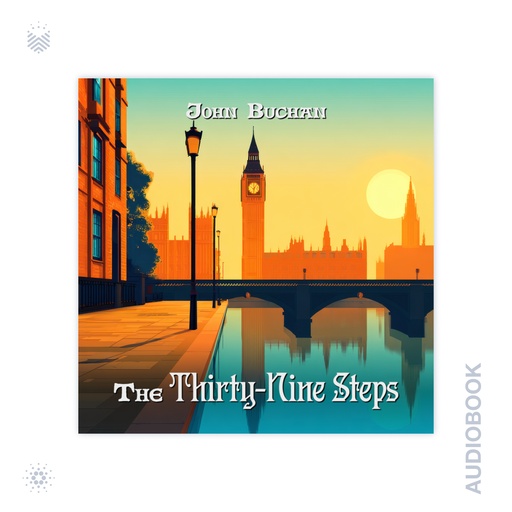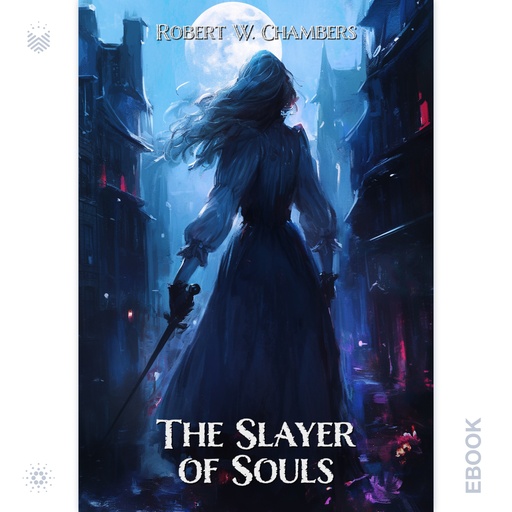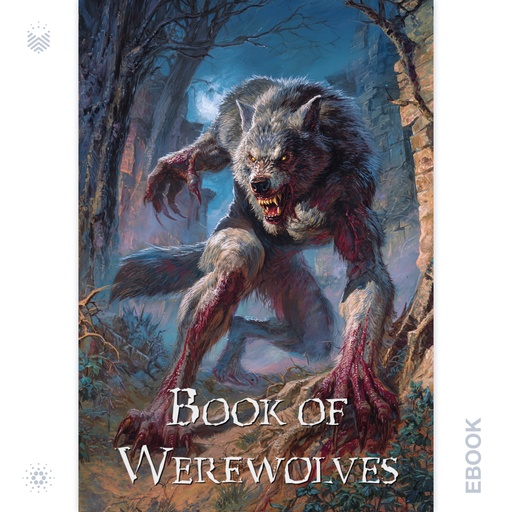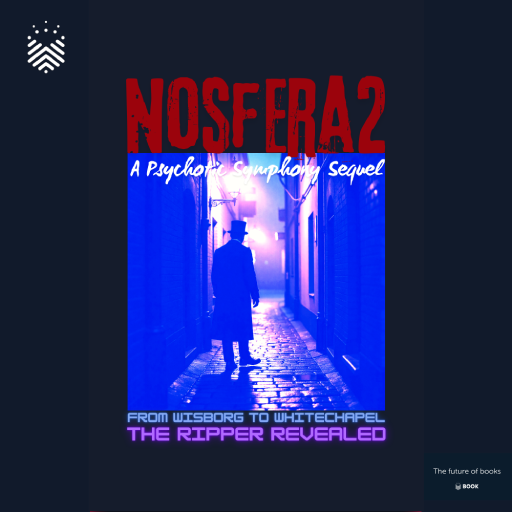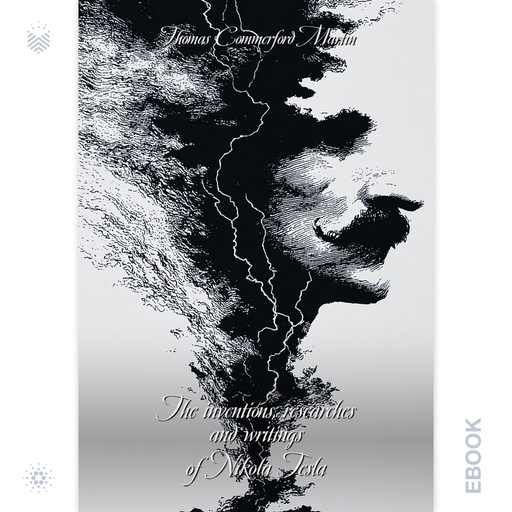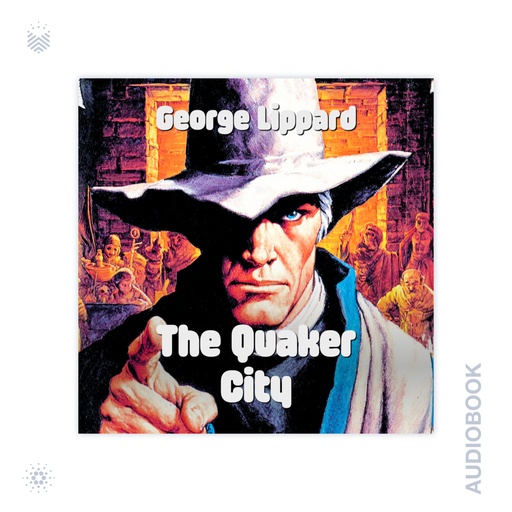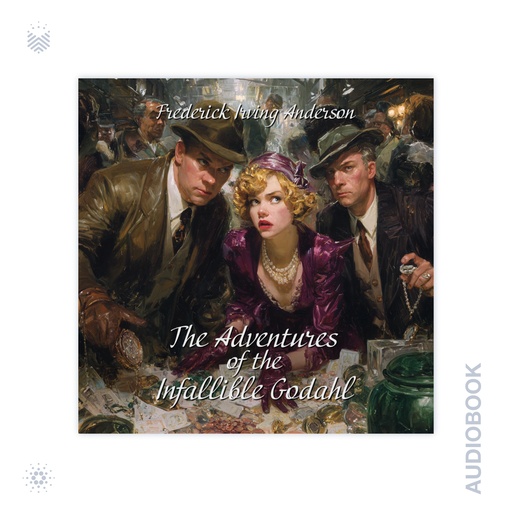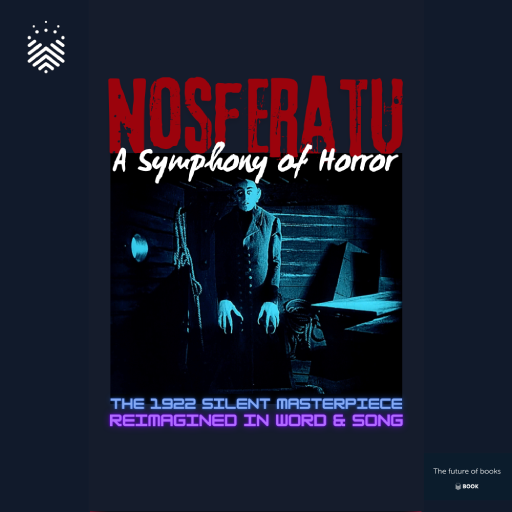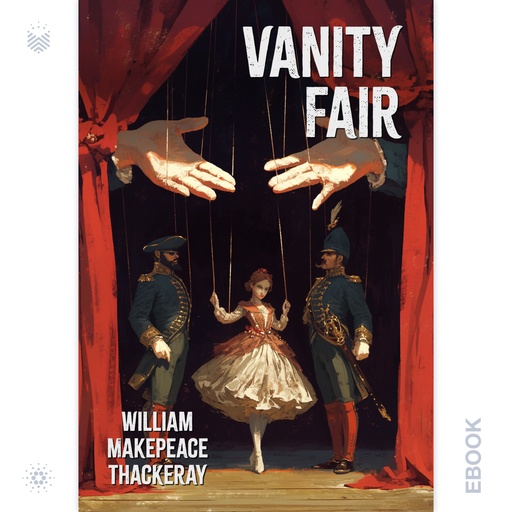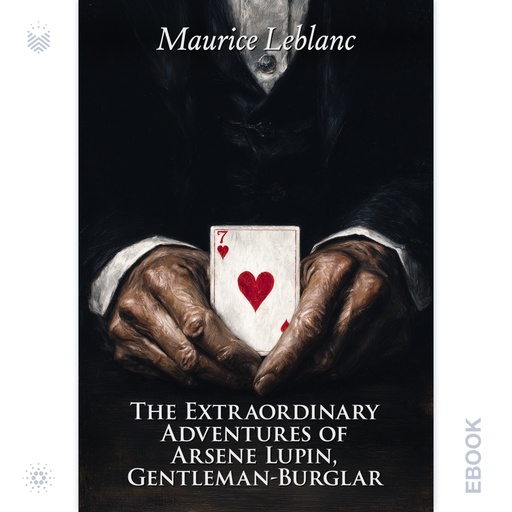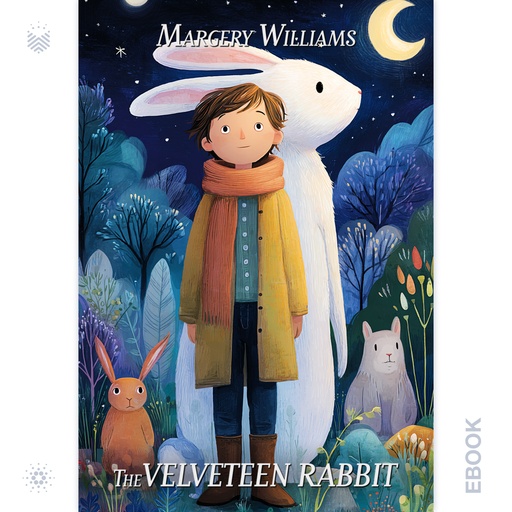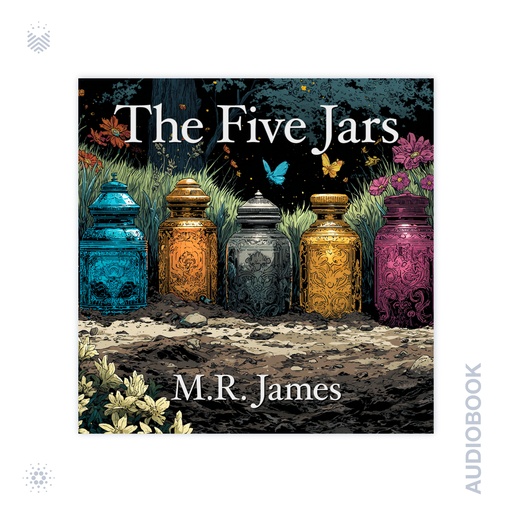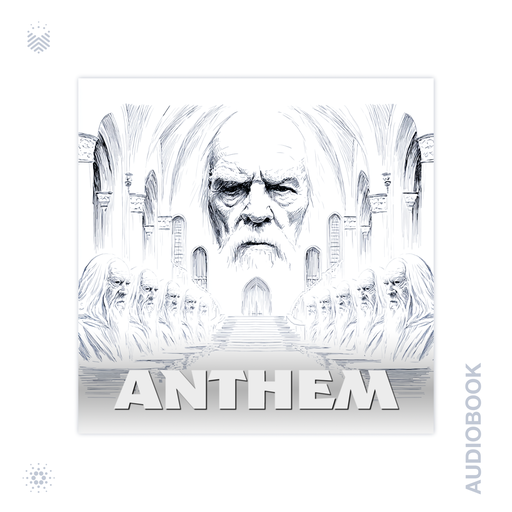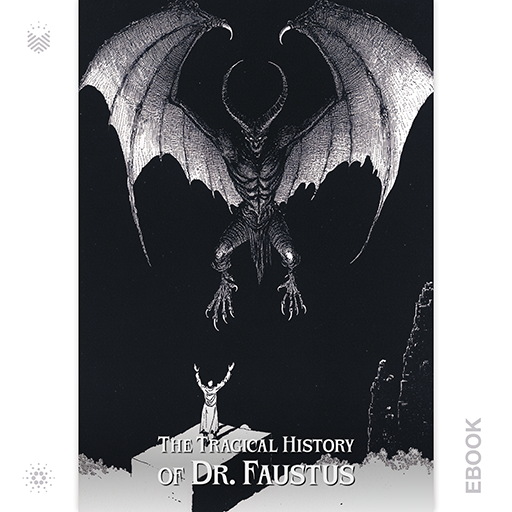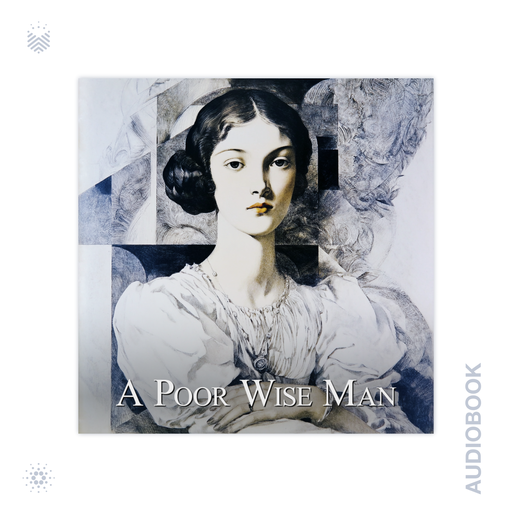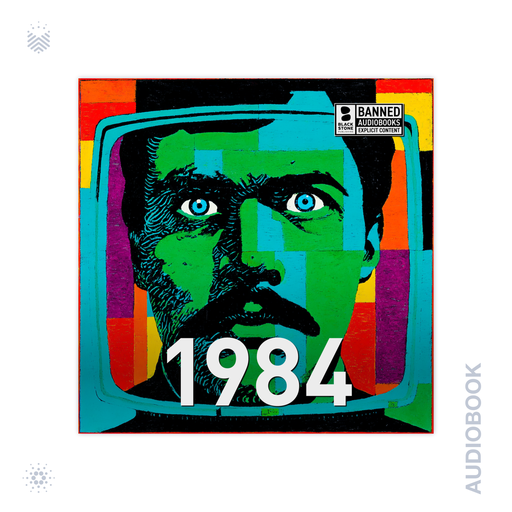by William Faulkner
As I Lay Dying opens with urgency and intimacy as William Faulkner plunges readers into a family bound by duty, denial, and relentless motion. The novel announces its intent immediately by refusing comfort, clarity, or a single truth, instead demanding the reader confront grief as lived experience rather than sentiment.
Read More
by Dashiell Hammett
The Maltese Falcon introduces readers to a hard-edged world where greed, deception, and obsession collide, and where intelligence matters more than sentiment. Hammett drops the reader directly into a case that spirals beyond a routine job, forcing his protagonist to navigate lies, violence, and moral ambiguity without illusions about justice or human nature.
Read More
by Duke Victorious
Nosferatus Zodiacus is a gothic rock opera of terror and blood, charting the voyage of an ancient vampire from the Old World to California, where he becomes known as the Zodiac Killer. Between each chapter, the story surges with blistering rock & roll interludes—drums pounding like a heartbeat, guitars screaming like the cries of the damned—turning the tale of horror into a stage-shaking, bone-rattling spectacle.
This Audiobook contains adult contents that may not be suitable for all lis… Read More
by Duke Victorious
When Herr Knock flees Wisborg, the shadow of Count Orlok spreads across Europe. In Sweden, gruesome murders echo the legend of The Atlas Vampire—proof that the Count was never alone, and his spawn now rise to claim the night.
This Audiobook contains adult contents that may not be suitable for all listeners. Discretion is advised. Recommended for mature audiences only.
Read More
by John Buchan
In The Thirty‑Nine Steps, author John Buchan launches his rugged hero Richard Hannay into a breathless chase: when a man he just met is murdered in his flat and leaves behind a deadly secret, Hannay finds himself on the run across Britain, accused of that murder and racing to thwart an espionage plot of global dimensions. The narrative thrust rarely lets up, driving the reader from London’s fog to wild Scottish moors and beyond.
… Read More
by Robert W. Chambers
In The Slayer of Souls by Robert W. Chambers the story follows Tressa Norne as she escapes captivity in the East and returns to America determined to reclaim her life while confronting a dangerous occult network that wants to exploit her knowledge.
Read More
by S. Baring-Gould
In Book of WereWolves, Baring‑Gould journeys across centuries and continents to unmask the legend of the werewolf, weaving together ancient myths, medieval trials and folk‑belief into a survey of one of humanity’s darkest superstitions.
Read More
by Duke Victorious
A gothic symphony of blood and sorrow, Nosfera2 turns the curse of Nosferatu into a requiem where love and horror entwine.
This Audiobook contains adult contents that may not be suitable for all listeners. Discretion is advised. Recommended for mature audiences only.
Read More
by Thomas Commerford Martin
The Inventions, Researches and Writings of Nikola Tesla by Thomas Commerford Martin presents a remarkable account of Tesla’s pioneering contributions to science and technology. First published in 1894, this book captures Tesla’s revolutionary experiments and visionary ideas at a time when electricity and wireless transmission were transforming the modern world.
Read More
by George Lippard
The Quaker City by George Lippard is one of the most sensational and controversial novels of nineteenth-century America. First released in serial form, it shocked readers with its unflinching portrayal of vice, corruption, and hidden depravity in Philadelphia’s upper classes.
Read More
by Frederick Irving Anderson
Adventures of the Infallible Godahl by Frederick Irving Anderson introduces readers to the brilliant yet mysterious Godahl, a master criminal whose cunning schemes and flawless execution make him one of crime fiction’s most fascinating antiheroes.
Read More
by Duke Victorious
Nosferatu is a haunting reimagining of the 1922 silent German masterpiece, retold through vivid prose and accompanied by an original musical score. Blending gothic horror with lyrical storytelling, the tale follows Thomas Hutter’s fateful journey to Count Orlok’s castle, Ellen’s prophetic visions, and the plague that descends upon Wisborg. Both novel and music breathe new life into one of cinema’s earliest nightmares, preserving its eerie spirit while giving it voice and song.
This Audio… Read More
by William Makepeace Thackeray
William Makepeace Thackeray’s Vanity Fair captures the follies, ambitions, and hypocrisies of early 19th-century English society. At its heart is Becky Sharp, a clever, ruthless social climber whose wit and determination drive her through the rigid class structures of her time.
Read More
by Maurice Leblanc
The Extraordinary Adventures of Arsène Lupin, Gentleman-Burglar introduces readers to the world’s most charming thief. Written by Maurice Leblanc, the collection of short stories presents Lupin as both a criminal mastermind and a man of wit, daring, and honor. His exploits mix suspense, intrigue, and humor, making him one of literature’s most enduring anti-heroes.
Read More
by Margery Williams
The Velveteen Rabbit by Margery Williams is a beloved children’s classic that explores love, imagination, and the magic of becoming “real.” Through the tender relationship between a child and his toy rabbit, the story reveals how affection and belief can transform the ordinary into something timeless and extraordinary.
Read More
by M. R. James
In The Five Jars (1922), M. R. James departs from his renowned adult ghost stories to craft a children’s fantasy novel. The narrative unfolds through a letter from an elderly man to a young friend named Jane. The man recounts his discovery of five enchanted jars in a country cottage, each granting him mystical abilities. As he applies the jars’ contents, he gains the power to communicate with animals and interact with diminutive, fairy-like beings. This whimsical tale blends adventur… Read More
by Ayn Rand
Anthem by Ayn Rand thrusts readers into a stark, dystopian world where individuality has been erased and the word “I” no longer exists. Rand uses this brief yet powerful novella to challenge collectivist ideologies and celebrate the rediscovery of the self.
Read More
by Bram Stoker
The Lair of the White Worm captures the eerie imagination of Bram Stoker, blending ancient myth with Victorian dread. This gripping tale unfolds with a clear sense of menace, as a young Englishman uncovers a terrifying secret buried in the countryside. Stoker plunges readers into a chilling narrative where science, superstition, and survival collide.
Read More
by Christopher Marlowe
Christopher Marlowe’s The Tragical History of Dr. Faustus is a gripping tale of ambition, hubris, and the eternal consequences of overreaching. This timeless tragedy explores the dark allure of forbidden knowledge and the price of making a deal with the devil.
Read More
by Mary Roberts Rinehart
Mary Roberts Rinehart’s 1920 novel, A Poor Wise Man, presents a compelling narrative that intertwines personal drama with the broader social and political upheavals of post-World War I America. The story centers on Lily Cardew, a young woman from a wealthy, conservative family, who finds herself drawn to the ideals of socialism and the working-class struggles of the time. Through Lily’s journey, Rinehart explores themes of class conflict, generational divides, and the search for pers… Read More
by George Orwell
One of the most celebrated classics of the twentieth century, this cautionary tale of a man trapped under the gaze of an authoritarian state is more relevant now than ever before.
First published in 1949, this disturbing novel that George Orwell wrote during a time of great social and political unrest centers on the consequences of totalitarianism, mass surveillance, and repressive regimentation of people and behaviors within society.
This classic of dystopian fiction contributed new words that … Read More
by George Orwell
One of the most celebrated classics of the twentieth century, this cautionary tale of a man trapped under the gaze of an authoritarian state is more relevant now than ever before.
First published in 1949, this disturbing novel that George Orwell wrote during a time of great social and political unrest centers on the consequences of totalitarianism, mass surveillance, and repressive regimentation of people and behaviors within society.
This classic of dystopian fiction contributed new words that … Read More
by Anna Sewell
Black Beauty by Anna Sewell tells the story of a horse’s life through his own voice, creating an emotional and moral narrative that has moved readers for generations. Sewell aimed to inspire kindness and humane treatment of horses, using the animal’s perspective to highlight both compassion and cruelty in 19th-century England. Through this simple but powerful tale, she gave animals a voice and urged humans to act with responsibility and empathy.
… Read More
by Henry David Thoreau
Walden by Henry David Thoreau invites readers into a deeply personal experiment in simple, deliberate living. Thoreau withdrew from society in 1845 to spend over two years in a cabin near Walden Pond in Concord, Massachusetts. During this time, he observed nature, reflected on human society, and recorded his insights with clarity and conviction. His aim focused on stripping life down to its essentials to understand what truly matters, challenging readers to reconsider their assumptions about suc… Read More

